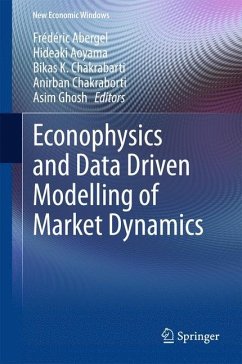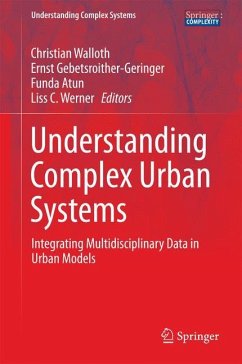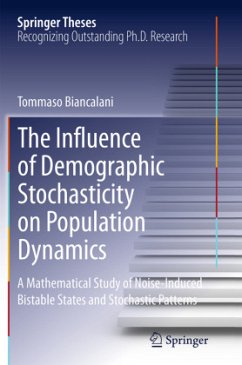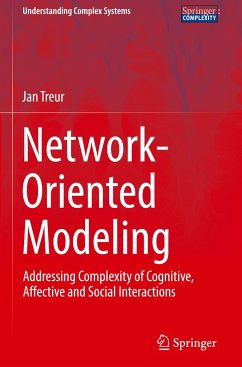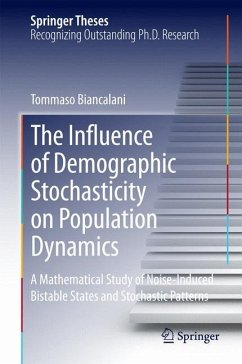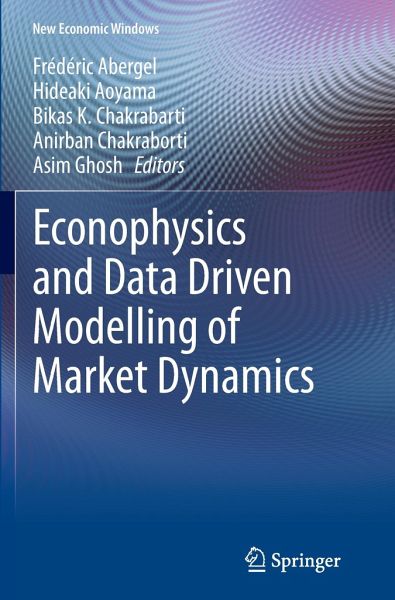
Econophysics and Data Driven Modelling of Market Dynamics
Versandkostenfrei!
Versandfertig in 6-10 Tagen
38,99 €
inkl. MwSt.

PAYBACK Punkte
19 °P sammeln!
This book presents the works and research findings of physicists, economists, mathematicians, statisticians, and financial engineers who have undertaken data-driven modelling of market dynamics and other empirical studies in the field of Econophysics. During recent decades, the financial market landscape has changed dramatically with the deregulation of markets and the growing complexity of products. The ever-increasing speed and decreasing costs of computational power and networks have led to the emergence of huge databases. The availability of these data should permit the development of mode...
This book presents the works and research findings of physicists, economists, mathematicians, statisticians, and financial engineers who have undertaken data-driven modelling of market dynamics and other empirical studies in the field of Econophysics. During recent decades, the financial market landscape has changed dramatically with the deregulation of markets and the growing complexity of products. The ever-increasing speed and decreasing costs of computational power and networks have led to the emergence of huge databases. The availability of these data should permit the development of models that are better founded empirically, and econophysicists have accordingly been advocating that one should rely primarily on the empirical observations in order to construct models and validate them. The recent turmoil in financial markets and the 2008 crash appear to offer a strong rationale for new models and approaches. The Econophysics community accordingly has an important future roleto play in market modelling. The Econophys-Kolkata VIII conference proceedings are devoted to the presentation of many such modelling efforts and address recent developments. A number of leading researchers from across the globe report on their recent work, comment on the latest issues, and review the contemporary literature.





